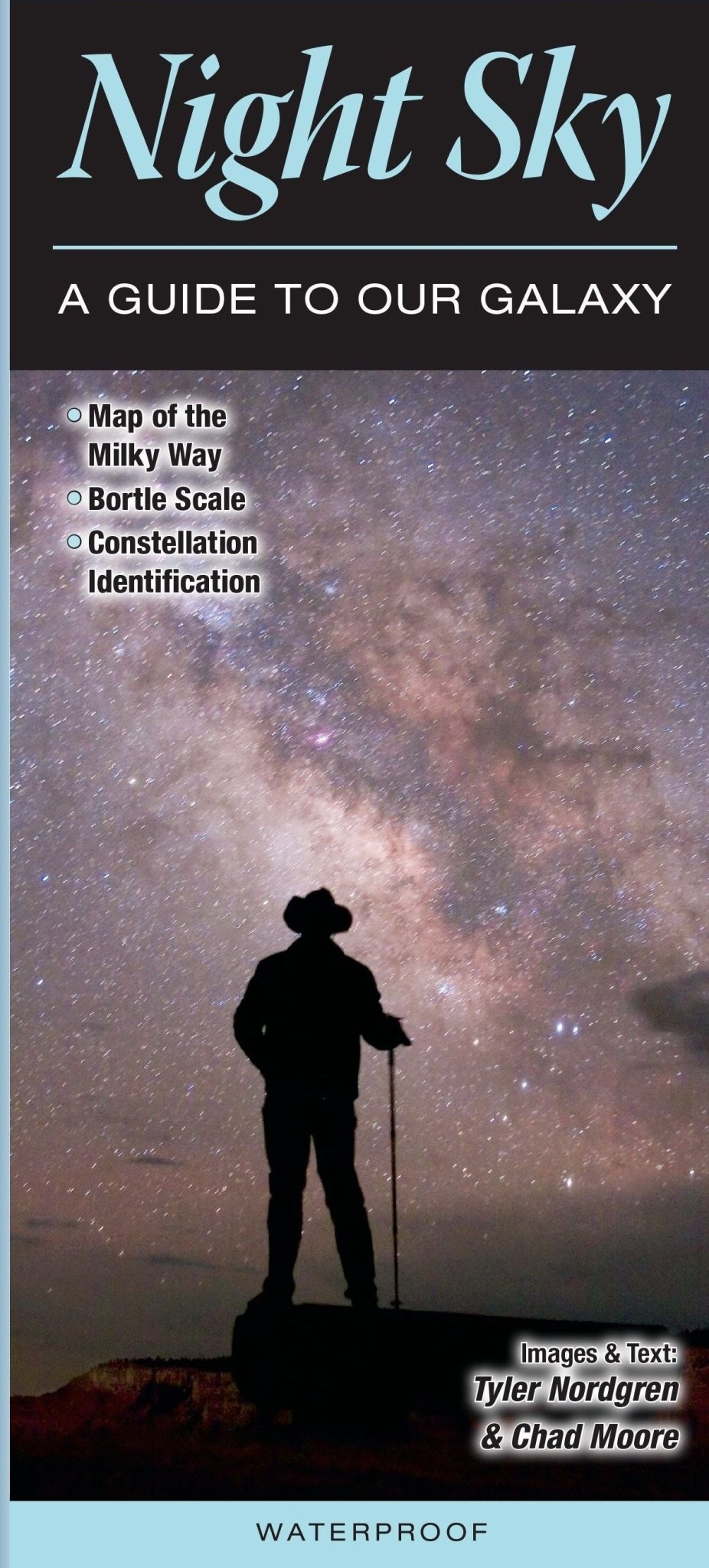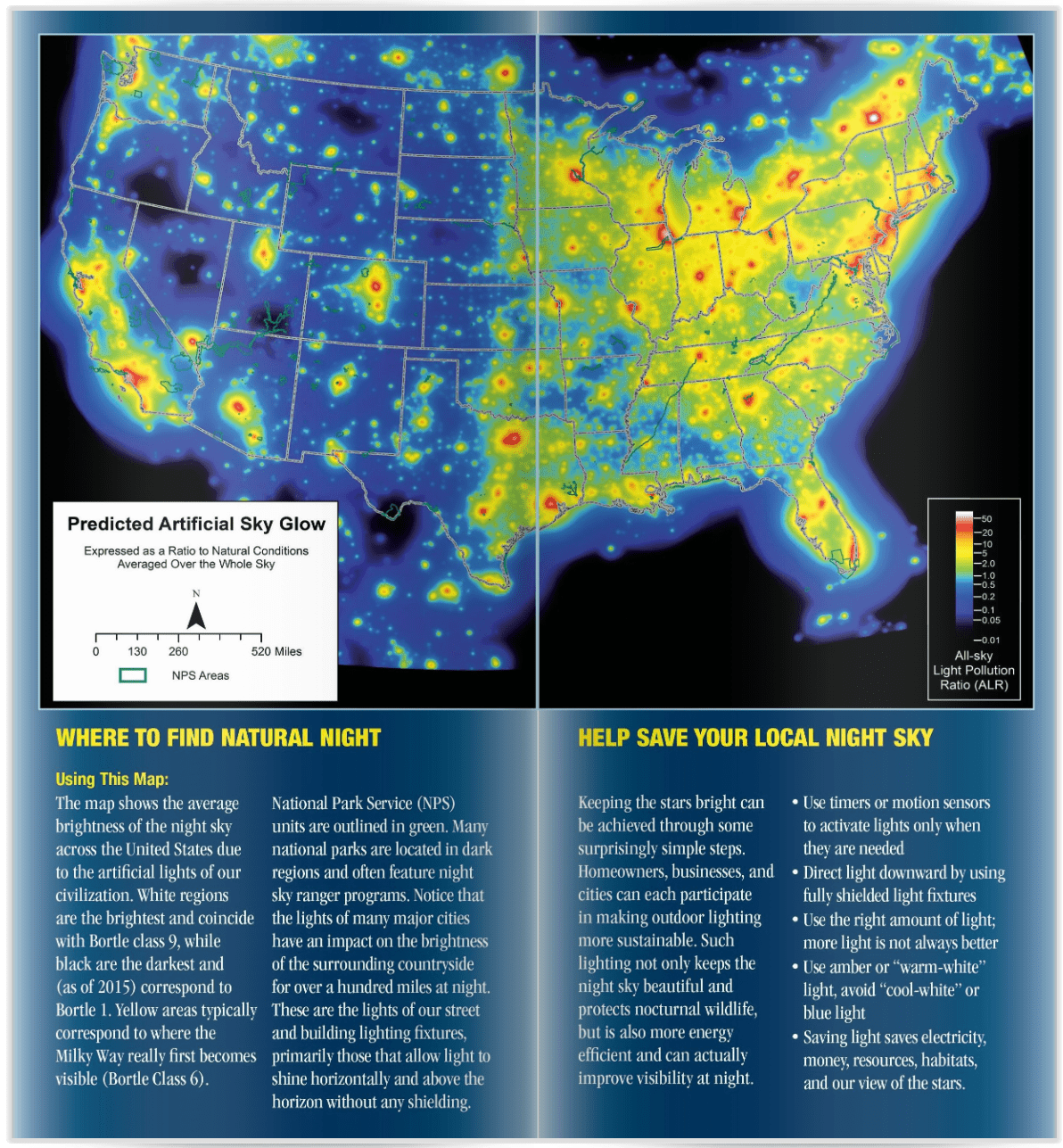Night Sky a Guide to Our Galaxy
Night Sky a Guide to Our Galaxy is backordered and will ship as soon as it is back in stock.
 FREE Standard Shipping On Orders Over $100
FREE Standard Shipping On Orders Over $100
Delivery in 2-5 Days
Delivery in 2-5 Days
We make every effort to ensure orders are fulfilled and ready for shipment within 2-3 business days. No orders are shipped on Saturday & Sunday.
Unless noted on a product's page, orders will ship in the order they were received. We will notify you via email as soon as your order is ready for shipment. Digital Products (Guides and Gift Cards) are available for immediate download or will be emailed to you.
Standard delivery times:
- U.S. orders: 2-5 business days.
- Orders to Canada: 5-9 business days.
- Other international orders: 10-15 business days.
FedEx Standard Overnight:
- Orders are delivered in 1 business day after fulfillment.
- Orders placed Monday - Friday after 12pm Eastern Time will likely ship the following business day.
Orders that are shipped and tracked with USPS: USPS does not make any guarantees on shipping times. Read our shipping policy for full details.
Supporting Small Businesses
Supporting Small Businesses
By purchasing any item from our store, you support local artisans and small businesses. We carefully select small businesses that share our love for the great outdoors. Your purchase makes a direct impact, helping these communities thrive.
This informative guide is an excellent introduction to the stars, constellations and nebulae that make up the visible sky at night. Nearly two-thirds of Americans no longer live in a place where the Milky Way, our home galaxy, is visible after dark. This guide not only shows you when it is visible, but also describes its major features and where to travel in order to see it.
The guide contains three maps showing the evening sky four months apart, covering the entire year. Major stars and constellations are shown in each along with the position of the Milky Way. Information is given for how to spot these features during the night and any time of year. A fourth map highlights specific details of the summer Milky Way, the most spectacular sight anyone can see without need of a telescope, or even binoculars, under naturally dark conditions.
In addition, we also provide a map of the United States showing where the darkest locations are and under what conditions the Milky Way and a sky full of stars are still visible. If you are planning a trip to a national park, where night sky programs are some of the most popular programs offered to the public, or are looking to identify where the closest place to see a meteor shower or just enjoy the natural beauty of the Milky Way stretching from horizon to horizon, this guide provides what you are looking for.
About the authors
Chad Moore holds degrees in Geography and Earth Science and has a longtime interest in the beauty and science of the night sky.
Chad co-founded the National Park Service Night Skies Team in 1999 and currently leads the program. His role as team leader has him advising parks on outdoor lighting, developing instrumentation to measure light pollution, and sharing his vision of starry nights with park rangers and the public.
Tyler Nordgren is a Professor of Physics and Astronomy at the University of Redlands. Prior to arriving at Redlands in 2001 he was an astronomer at both Lowell Observatory and the U.S. Naval Observatory in Flagstaff, Arizona.
He earned his PhD in astronomy from Cornell University in 1997 for work on dark matter in interacting spiral galaxies. In addition to publishing roughly two dozen peer reviewed scientific articles he is also the author of “Stars Above, Earth Below: A guide to astronomy in the national parks,” a popular science book dedicated to revealing what visitors to America’s national parks can observe in a dark night sky. Since 2007, Dr. Nordgren has worked closely with the U.S. National Park Service Night Sky Program to promote astronomy outreach and night-sky preservation in national parks.
Dr. Nordgren has helped document this vanishing landscape with award-winning artwork and night sky photography that has been on display in galleries from New York City to Flagstaff, Arizona and is on display in a number of national parks. As a result of this work he was a past-member of the Board of Directors for the International Dark-Sky Association. In 2012, NASA’s Curiosity rover joined Spirit and Opportunity on Mars carrying sundials, or “Marsdials” which Dr. Nordgren helped design with a team of seven other scientists and artists.


